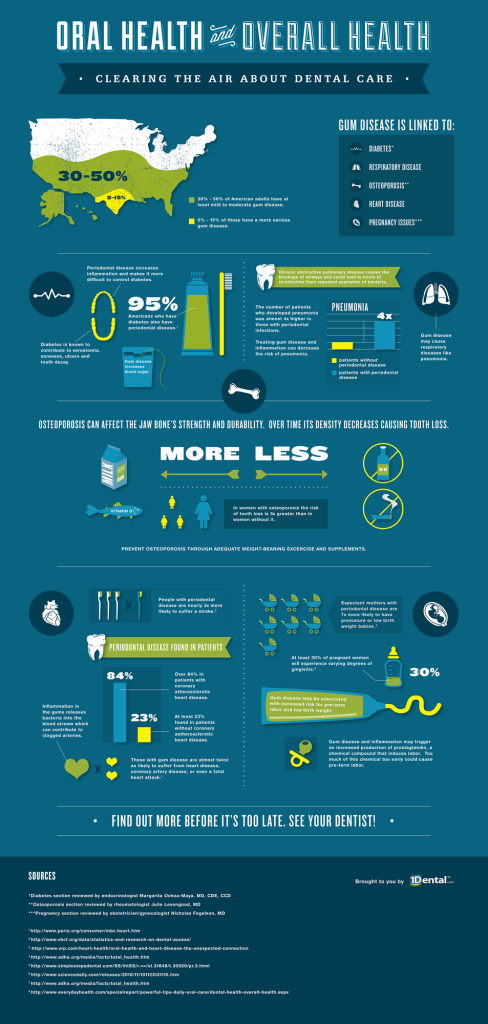Dentist in Norridge

Blood thinning medications are helpful in regulating your body to prevent heart attacks, strokes, and other serious issues. When visiting our office, it is important our dentist is aware of all medications you are using.
How Blood Thinners Work
There are two types of blood thinners. The first type works to prevent blood clotting. Medications ranging from aspirin to Plavix fit into this category. The other type of blood thinners work to prevent blood from coagulating; Coumadin or warfarin accomplish this.
What Our Dentist Should Know
When you visit our office, be sure to share with us any medications you are taking. We need to have your complete medical history to ensure your safety and proper treatment. Our dentist might also ask you the purpose of each medication you are taking to better understand any side-effects or other medical issues that could be associated with medication.
Steps to Take Before Visiting Our Office
Never stop any medication without consulting your doctor. Depending on your medical history, your doctor might suggest specific blood tests before visiting our office for dental treatment. Communication is key, both for you and your primary physician, and for you and our office. If your treatment requires additional medication to be taken, ask about potential drug interactions.
Steps to Take to Minimize Oral Bleeding
Oral bleeding resulting from dental treatments is uncommon, but each patient will have different results. The most effective ways to minimize oral bleeding is to firmly apply pressure to the area for up to 30 minutes. Gauze is especially helpful in stopping bleeding. Depending on the treatment, we may ask you to refrain from drinking hot liquids and rinsing your mouth for the first day. We suggest avoiding rough or sharp foods that might cut your mouth.
Prior to receiving any dental treatment, it is important that our experienced dental team has a thorough knowledge of your medical history. This enables us to find the best possible solutions for your needs, while ensuring your safety.
If you have any questions about medications and dental treatments, contact our office.
7615 W. Montrose Ave.
Norridge, IL 60706-1045
Phone: (708) 453-0777




 No time to brush or floss your teeth? When brushing or flossing isn’t convenient, you can still keep your mouth feeling fresh by eating certain foods. When you’re on the go or in a hurry, try grabbing one of these foods to munch on to help fight plaque and keep your teeth healthy.
No time to brush or floss your teeth? When brushing or flossing isn’t convenient, you can still keep your mouth feeling fresh by eating certain foods. When you’re on the go or in a hurry, try grabbing one of these foods to munch on to help fight plaque and keep your teeth healthy.